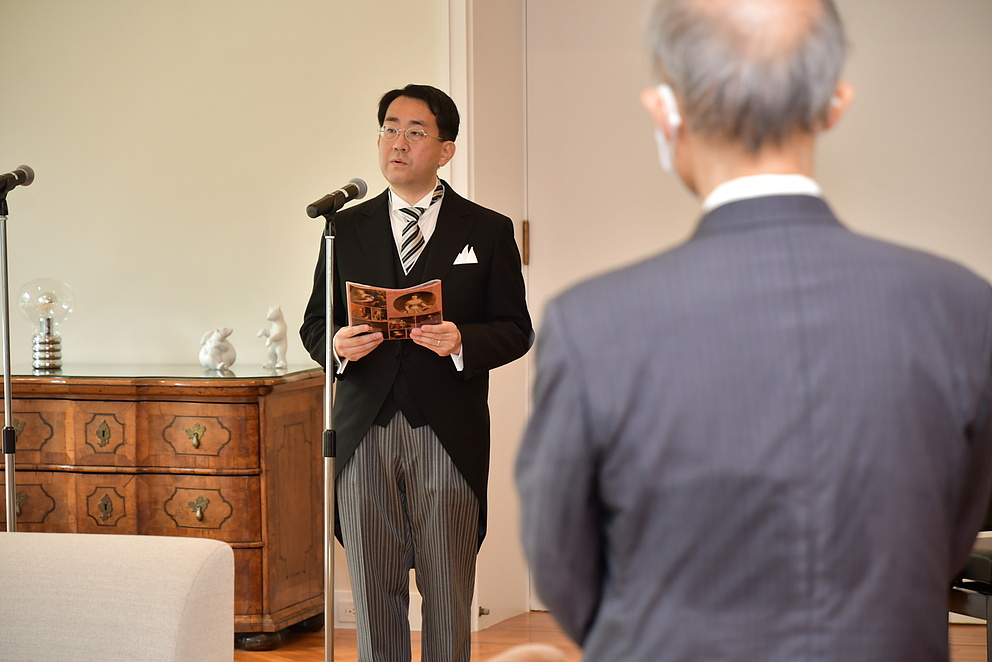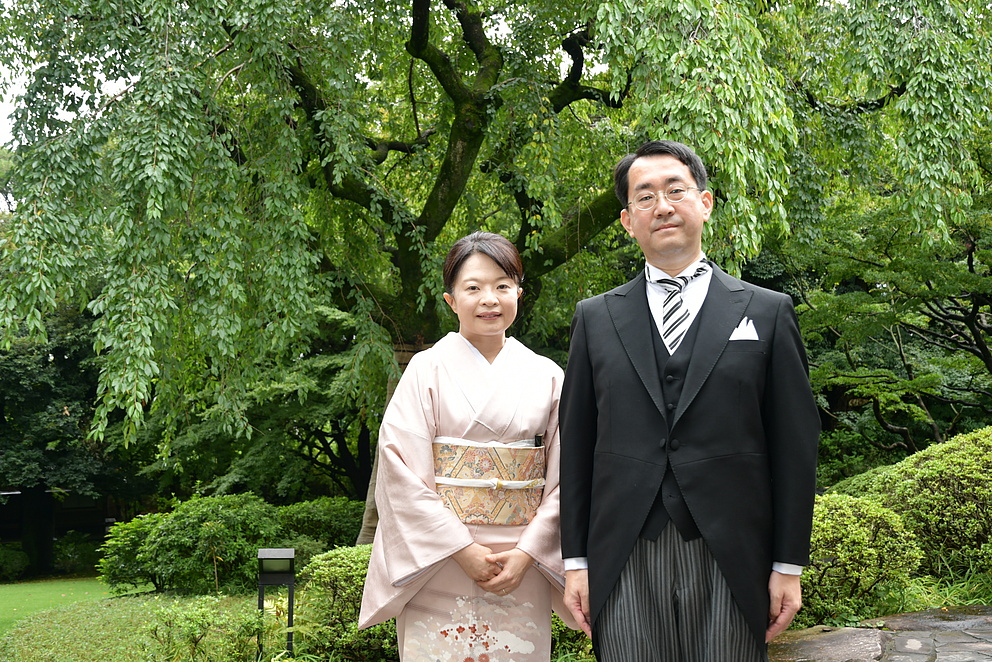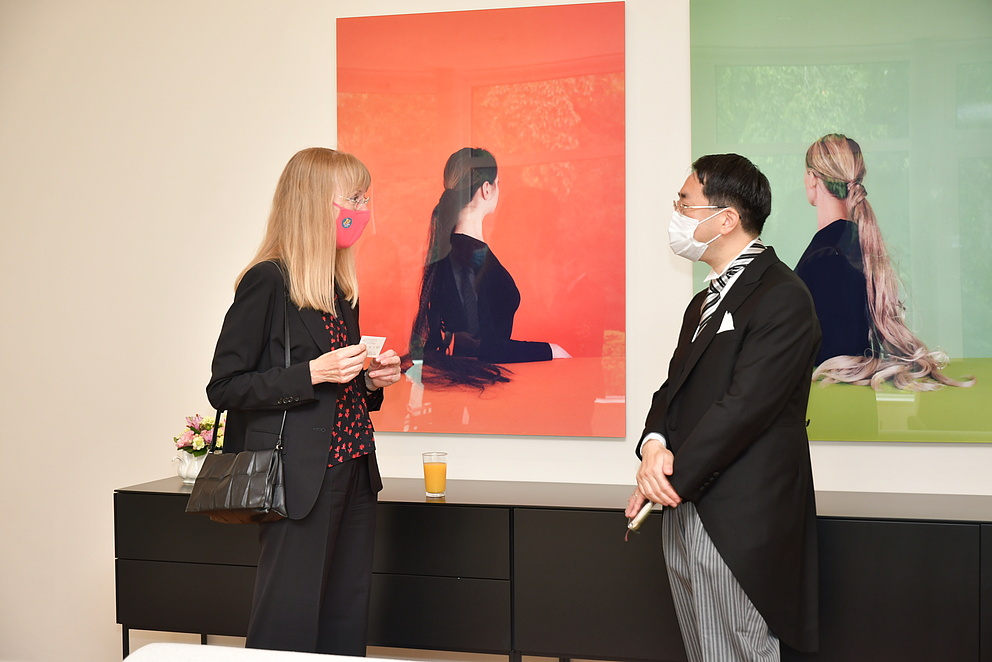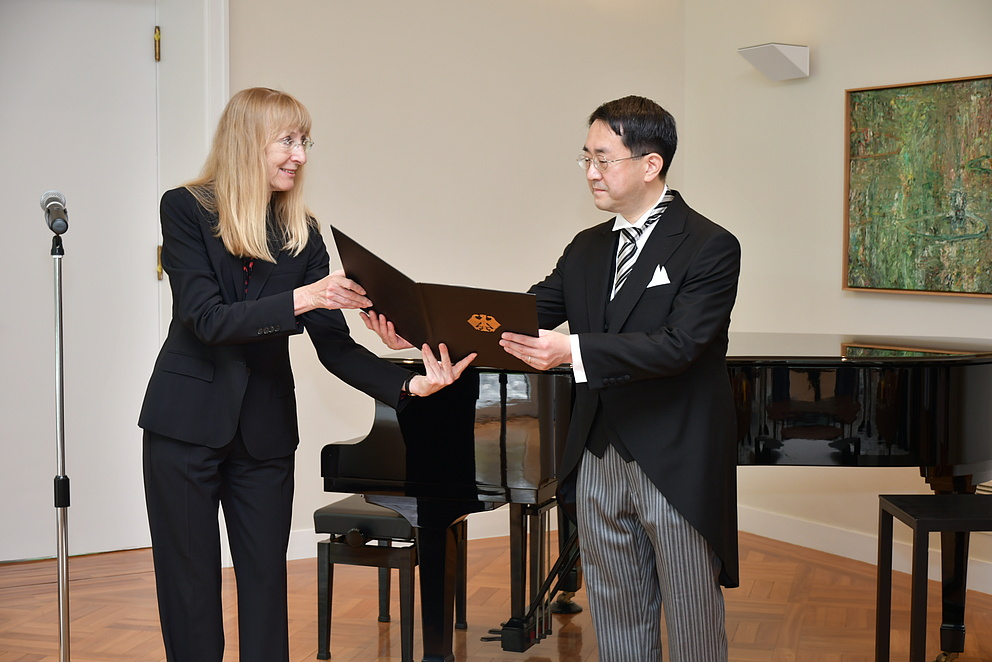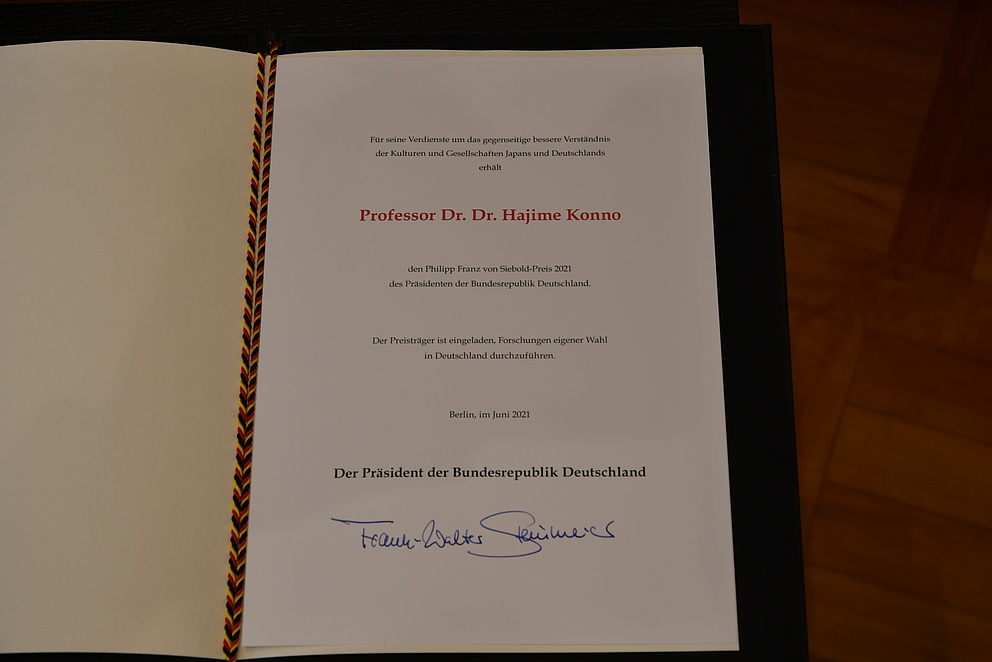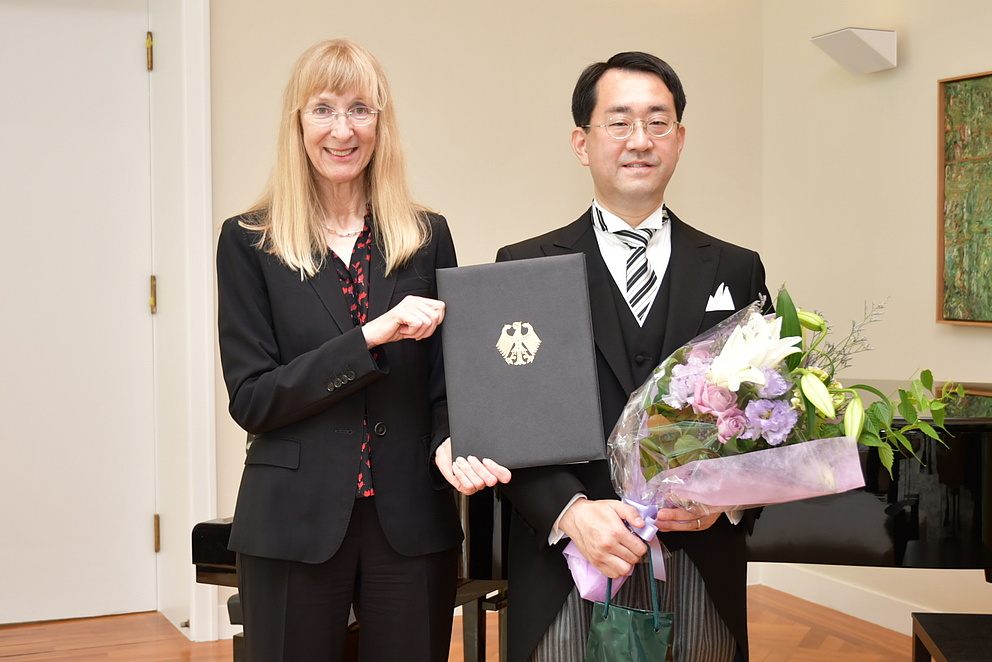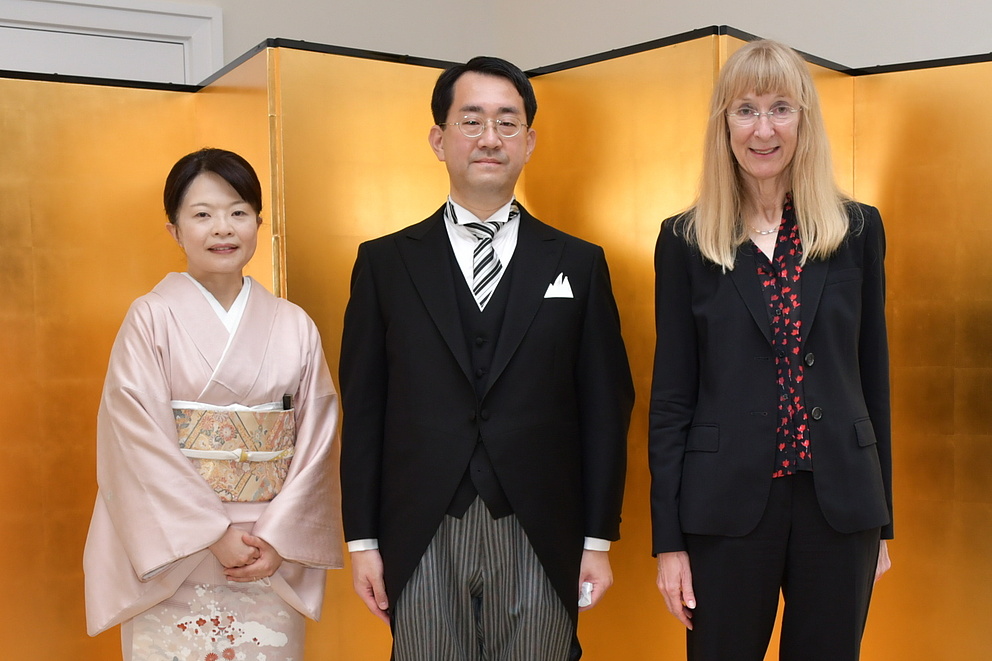
Contact
Press, Communications and Marketing
Tel.: +49 228 833-144
Fax: +49 228 833-441
presse[at]avh.de
Hajime Konno, who has linked history, political science and law with one another during his academic career, has been chosen to receive this year’s Philipp Franz von Siebold Award. Hajime Konno is particularly interested in the sociologist Max Weber – some of whose works he has translated into Japanese – and German nationalism. In addition, he has conducted comparative studies of monarchies and on the reception of German science in Japan. He maintains regular contact with specialist colleagues in Germany and is highly regarded as a moderator between the Japanese and German political history.
Having completed many research stays in Germany, he brought a profound understanding of biographical research methodology with him when he returned to Japan and authored numerous publications, including studies on Max Weber and biographies of Pope Benedict XVI and Karl Theodor von Dalberg (1744-1817, archbishop of Mainz and prince-primate of the Confederation of the Rhine under Napoleon). His ability to conduct research in several languages serves him well when researching source materials in archives.
Hajime Konno has been a full professor for German politics at the Universität der Präfektur Aichi (Aichi Prefectural University) near Nagoya since 2015, where he first worked as a lecturer and then, beginning 2007, as a senior lecturer. He studied political sciences with a focus on German politics at the Faculty of Law at the University of Tokyo. He earned a doctorate at the Institute of History at Humboldt-Universität zu Berlin in 2002 and in political science at the University of Tokyo in 2005. He was a Research Fellow of the Japan Society for the Promotion of Science. His awards include the Encouragement Award of the Japanese Society of German Studies for his doctoral thesis on Max Weber and the Polish Question. He spent an extended research stay at the Leibniz Institute for Contemporary History in Munich.
Traditionally, Germany’s federal president presents the Philipp Franz von Siebold Award to the recipient in Berlin during the Humboldt Foundation’s annual meeting. However, since the annual meeting has been held using a digital format this year due to the coronavirus pandemic, the German ambassador in Japan, Ina Lepel, has presented the award to Mr Konno on 27 July.
The Philipp Franz von Siebold Award
The Philipp Franz von Siebold Award was established in 1978 by Germany’s then Federal President Walter Scheel during a state visit to Japan. It is presented every year to a Japanese researcher or academic in recognition of outstanding contributions to improving a mutual understanding of culture and society in Germany and Japan. The award is valued at €50,000.

